Dear Mr President: Myth of 9/11 ‘over-reaction’ is the wrong advice for Israel after Hamas’s brutal attack

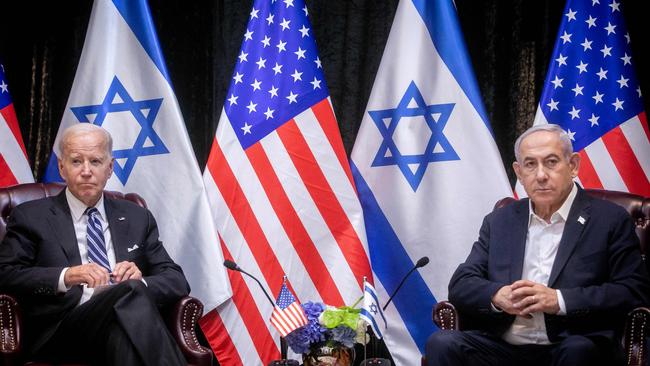
The US President is wrong in his advice and the Israeli Prime Minister will fail if he follows it.
The narrative of US over-reaction is as popular as it is historically limited. The US, according to Biden, “blinded by rage … by the hell of 9/11 … made mistakes”.
While he did not enumerate them, it is a safe bet they include the breaking of international law, filling Guantanamo Bay with too many innocent jihadists, invading Iraq on a false prospectus, torturing its citizens and violating the civil rights of Americans at home by establishing an all-powerful surveillance state.
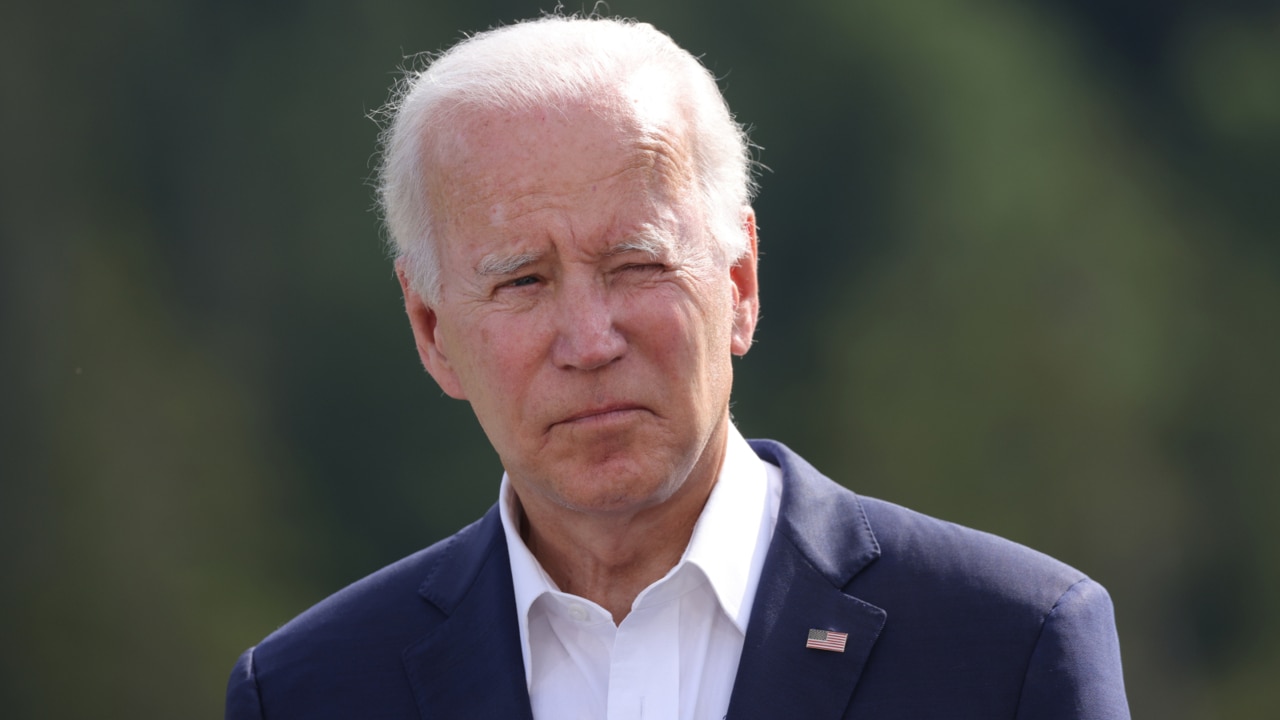
Each purported over-reaction turned out to be an underreaction. Persuasive revisionist accounts are amending Biden’s caricatured history. He should consult them. This may change his understanding of what 9/11 wrought and improve his advice to his Israeli ally.
Rather than rage, the Bush administration was gripped by a fear that 9/11 was the first in a series of strikes. American historian Melvyn Leffler recently has written a compelling book, Confronting Saddam Hussein: George W. Bush and the Invasion of Iraq, on how this all-consuming fear explains much of what the US did after 2001.
Imperial hubris, the kind leftists still – even under the woke Biden-Harris administration – attribute to the US, was in deficit. Fear, not overweening pride, forced Bush to invade two weak countries with insufficient military force. This made a stable peace impossible.
After 2001, the US became an anti-imperial power, seeking to get out of conflicts on the cheapest and quickest terms possible. If only it could occupy and rebuild as it did in Germany and Japan. Instead, it toppled the Taliban with about the same number of troops as Los Angeles has police. This underreaction to 9/11 in Afghanistan, where Osama bin Laden had plotted those attacks, endured for two decades. It ended in the return to power of the Taliban. The US decolonised itself in the rush to leave. The evidence of US underreaction is a new generation of Afghan women and girls excluded from formal education.
Did Bush break international law by invading Iraq? If you are a campus-based international lawyer, probably. But if Saddam Hussein’s serial violation of more than 20 UN resolutions was ended by his ouster, then Bush was less law-breaker than enforcer.
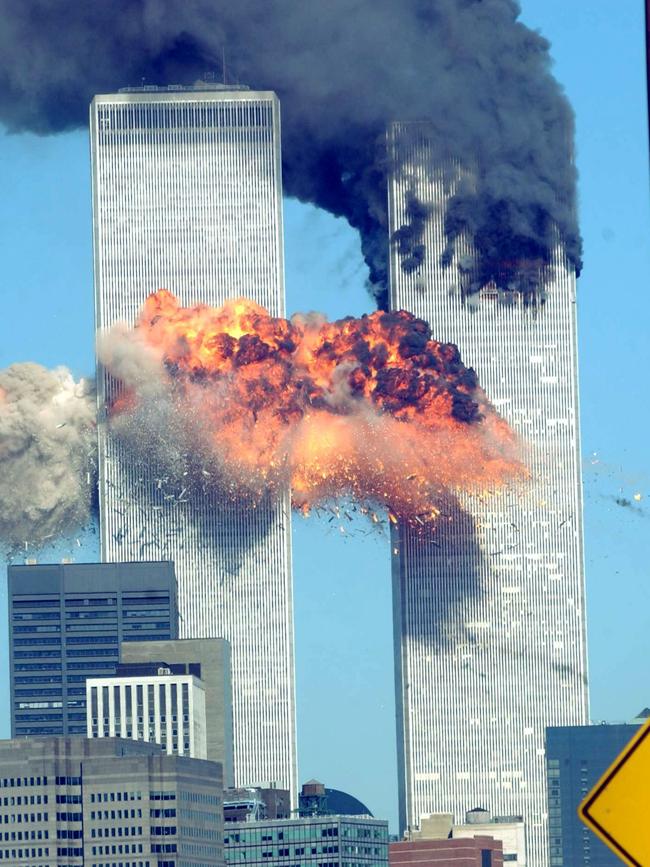
The military base rented (note: not stolen) from Cuba was used to imprison jihadists captured on the battlefields of Afghanistan and Iraq. Most were enemy combatants and/or terrorists. Some were not. But all were afforded legal counsel and visits by human rights activists (a special kind of torture), none was executed and Barack Obama kept Guantanamo Bay open. Given there was no second (or worse) 9/11, Gitmo seems to have worked. If it were an over-reaction, it would be the scene of mass killings. It never was.
The Biden administration is trying to get five of the worst 9/11 plotters plea deals against the wishes of families of 9/11 victims. Anti-Americans wanting Guantanamo Bay to be a concentration camp remain disappointed.
Instead, in the years after 9/11, the US became a pole of attraction for Muslim immigrants. The republic remains the destination of choice for men and women seeking religious freedom and economic opportunity.
The alleged Islamophobia of the Bush years (2001-09) was an invention by his detractors, not the experience of Muslim immigrants – not if their demand for US passports is anything to go by.
The war on terror did not institute a surveillance state. Rather, it coincided with a revolution in social media that empowered anti-government activists far more than it made the president an emperor. The three weakest presidents since 1945 all followed Bush.
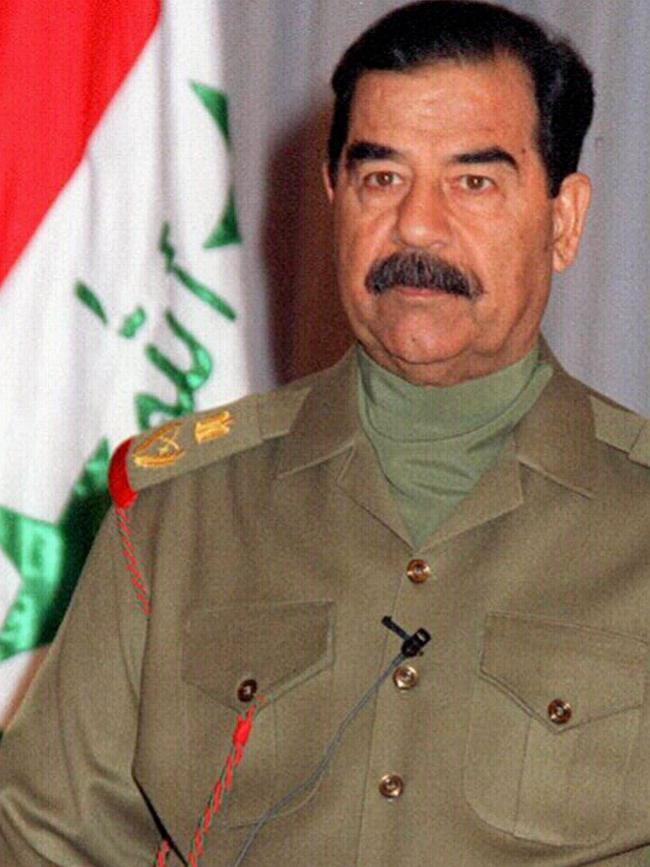

The presidency was not remade by 9/11; it was weakened. American politics has grown dysfunctional since al-Qa’ida attacked, not more imperial; more fractured, not more ruthless.
So how can this revisionist assessment of what the US did after 9/11 help reframe its advice to Israel? This is what Biden should write to Netanyahu:
Dear Bibi,
Your nation has lost in equivalent US terms nearly 50,000 of its citizens to terrorism. We still grieve for the nearly 3000 Americans killed on 9/11. I cannot begin to comprehend how we might react given your greater losses. But I can tell you this: do not be cowed by Hamas apologists on Western campuses or Hamas backers in Iran and Qatar.
Lawyers will bleat and professors complain. ’Twas ever thus. Your task is to remove Hamas as a military force. Irrevocably. Totally. After 9/11, we failed to vanquish Hamas’s predecessors.
In Afghanistan, we committed insufficient resolve and hard power. The Taliban came back. We ran away. In Iraq, instead of a half-million troops equipped to occupy for a generation, we tried regime change on the cheap. A decade of civil war ensued.
The terrorists of Islamic State established the largest caliphate for 1000 years. Iran won the Iraq war. You must not let them win the war in Gaza.
Like us in 2001, you have failed the test of imagination. We had the world’s most sophisticated intelligence-gathering machine. But we could not imagine its undoing by 19 unremarkable Arabs. Your failure is this magnified. You imagined an accommodation with anti-Semites could be found. October 7 told you it could not.
So, I convey to you, my friend, the absolute necessity of overwhelming military force. In 1967, as Arabs massed on your borders, that wily Frenchman, Charles de Gaulle, told your government to do nothing. But prime minister Levi Eshkol ignored his advice. Israel’s armed resistance of enemies then, and the security it brought, should be repeated now. We will stand with you. Whatever it takes. You will be cautioned to not overreact. I say be more mindful of your underreaction.
Your friend, Joe
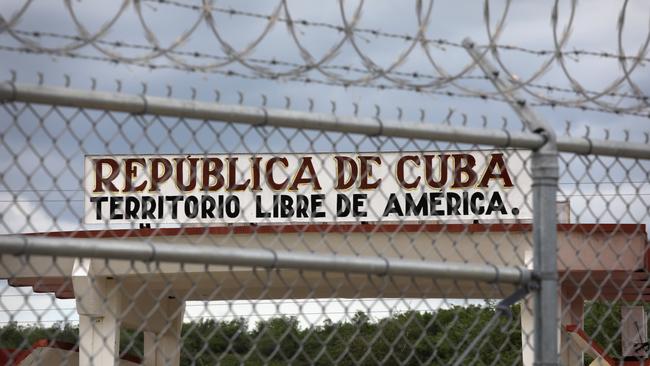
The letter is fantasy, of course. The US, since 9/11 and the war on terror, has been on a mission to draw down its power, to intervene less, to abandon its allies and ignore the consequences. The people of the Middle East have paid an especially high price for this.
Grinding civil wars in Syria and Libya – killing thousands more Muslims than Israel ever will – owe something to America’s regional retreat under Obama and Donald Trump. The rise of Iran, the nefarious machinations of Qatar and Yemen, Saudi adventurism and Hamas barbarity are evidence of US weakness, not strength. They are the next chapters of the American underreaction to September 11, 2001.
Timothy J. Lynch is professor of political science at the University of Melbourne and author of In the Shadow of the Cold War: American Foreign Policy from George Bush Sr to Donald Trump.






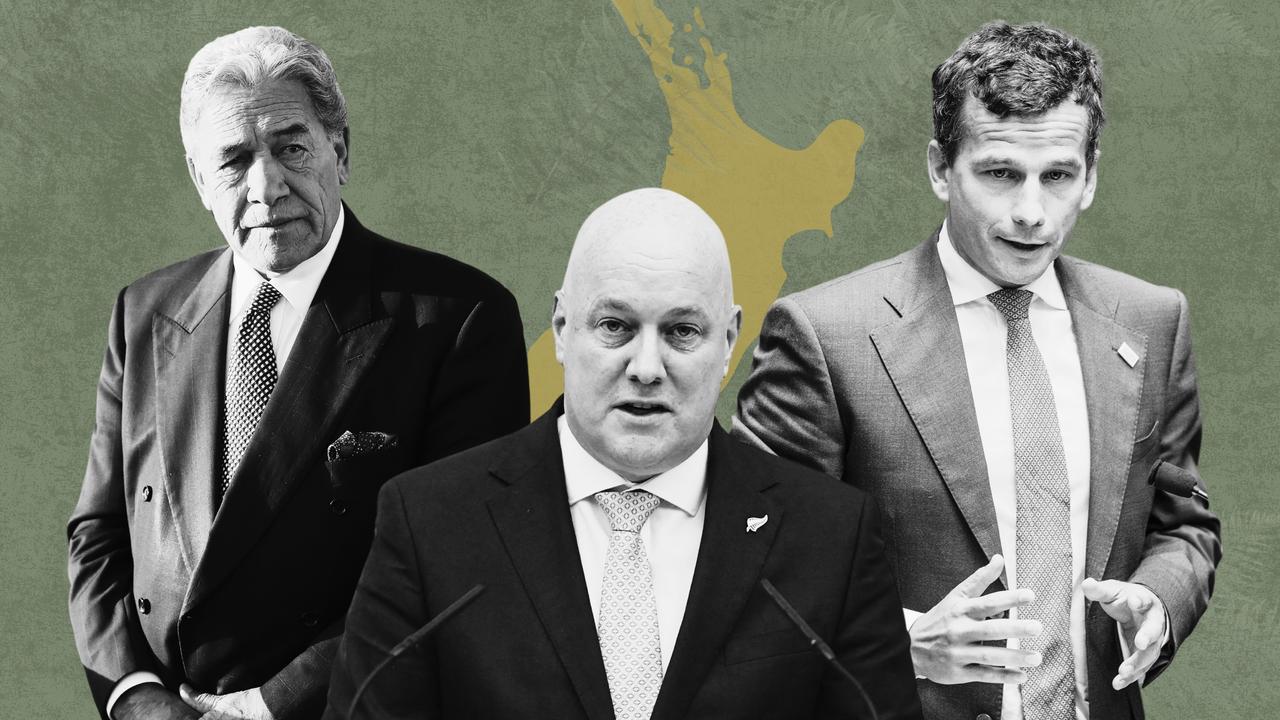
The US is urging Israel to go slowly in response to the barbaric assault on its people. Joe Biden, by chastising his own nation’s over-reaction to 9/11, is urging Benjamin Netanyahu to not repeat this error in responding to 7/10.